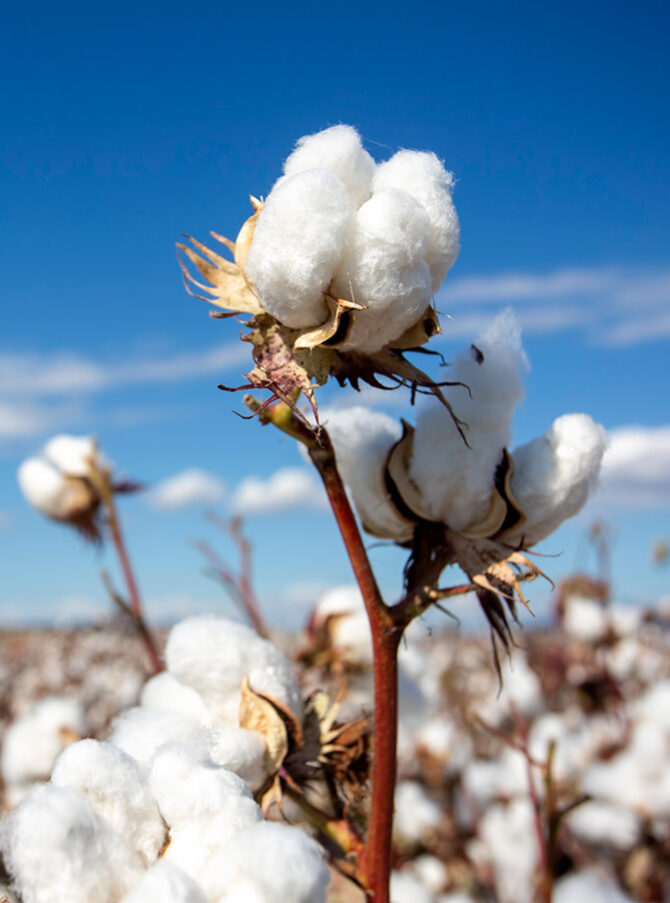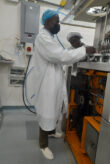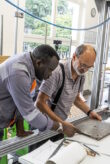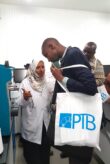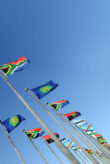Stakeholders draft measures to improve quality infrastructure for organic cotton
Ethiopia is a predominantly agricultural country which is particularly known for exporting coffee, tea and spices. However, cotton cultivation and cotton processing also have a long tradition and the export market for cotton is steadily growing. It is especially organic cotton for which the global demand is currently experiencing a rapid increase. The Ethiopian government is aware of this: It already passed a national development strategy for cotton in 2017. The aim of the strategy is to establish Ethiopia as a leading producer of sustainable and high-quality cotton in the world by 2032.
In order to set up sustainable cotton production and participation in the export market, it is necessary to have a functioning system for quality infrastructure (QI) services. These services include seed inspection, pesticide residue analysis or quality-assurance measures. As it has not been possible to render these services to a sufficient degree domestically up to now, producers have been forced to rely on laboratories in other countries to prove the export quality of their products. This increases costs, the time spent on coordination, and the risk of delays in operational procedures. As a result, Ethiopia fails to be an attractive location for organic cotton production.
The Ethiopian Textile Industry Development Institute (ETIDI) and the Physikalisch-Technische Bundesanstalt (PTB) have joined forces to counteract this problem. Within the scope of the “Alliance for Product Quality in Africa” project, which is being funded by the German Federal Ministry for Economic Cooperation and Development (BMZ), they are pursuing the establishment of measures according to PTB’s own Calidena format to improve QI services for organic cotton and coordinating their implementation in a multi-stakeholder process.
After intensive preparation, it was finally time in June 2022: The ETIDI and PTB invited stakeholders from public, private and civil society sectors to two virtual, half-day workshops. Together, the participants were mainly concerned with identifying gaps in QI services for organic cotton and developing cross-sector solutions to close them. Representatives of the Ethiopian QI institutions, the Ministry of Agriculture, the Ministry of Industry, the Ethiopian Textiles and Garment Manufacturer’s Association, the Ethiopian Institute of Textile and Fashion Technology (Bahir Dar University), companies such as H&M and NGOs such as Pan-Ethiopia and Solidaridad were among the participants. H&M’s representative gave a guest lecture on the quality criteria of international buyers stemming from the private sector. A draft plan for cross-industry measures and founding a follow-up committee were the results of the two workshop days. Over the next six months, the committee is tasked with fleshing out the measures and determining how they can be put into practice. PTB will also do its part by providing support for specific measures to improve QI services within the context of German development cooperation.
The value chain for organic cotton will be strengthened for the long haul through this project, thus creating potential for new jobs and sources of income. Furthermore, the textile sector in Ethiopia will be supported on its road to a sustainable transformation, providing a positive example of increasing green employment for other cotton-producing and textile-processing countries.
Image © istock


